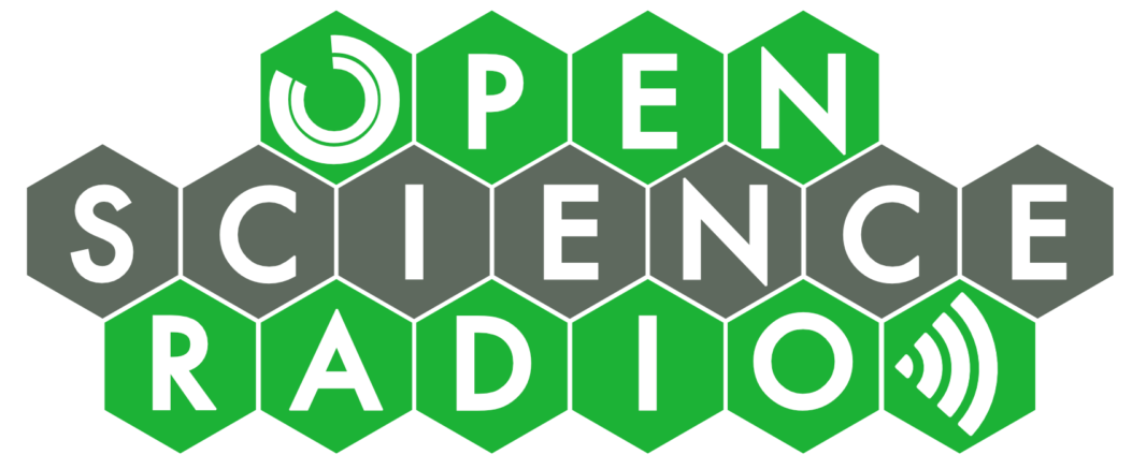One of the aspects that continuously pops up in our discussions is the research infrastructure. Hence, it was about time that we make it a topic of its own and we’re glad that we could win Peter Kraker as a guest for this topic. Peter is well-known in the Open Science communicator, as a researcher but also as the founder and chairman of Open Knowledge Maps, a web-service that provides a visual interface for the exploration of scientific topics through publications. In addition, he is active in several organizations and initiatives dealing with research infrastructure and research data management, such as GO FAIR. With the launch of Google’s dataset search service last year he started the Don’t leave it to Google! campaign. In this episode we’re talking about the campaign, the overarching concept of research architectures and the Open Knowledge Maps as a specific example.
Have fun!
A note on our own account: on Wednesday, 12th of June, there will be a panel discussion at Wikimedia in Berlin about the research infrastructures. The discussion will be in German and open to the public. More info can be found in Wikimedia’s blogpost, or our last episode.
 |
Shownotes: OSR170 Don’t Leave It To Google! – Research Infrastructures [EN]
Introduction Peter
00:00:47Open Knowledge Maps; (KNOW Center - TU Graz; — GU Graz - Graz University of Technology;) — Open Science Network Austria (OANA); — GoFAIR; — Open Science Conference; — Don't Leave it to Google Initiative;.
Research Infrastructure and Scientific Knowledge Discovery
00:01:50Research Infrastructure; — RISCAPE Project; — Digital Research Infrastructure; — Google Dataset Search Engine; — Google Scholar; — Scientific Dark Knowledge; — de-RSE Conference 2019; — de-RSE; — DFG Deutsche Forschungsgemeinschaft (German Research Foundation); — NumFocus; — Global Sustainability Coalition for Open Science Services (SCOSS); — Directory of Open Access Journals (DOAJ); — GO FAIR Implementation Networks; — Discovery Implementation Network @ GO FAIR; — CO-OPERAS Implementation Networks; — Implementation Network Meetings (January in Leiden); — Research Data Alliance;.
Where to start? A Perspective from Open Knowledge Maps
00:30:42Firefox; — Tabbed Browsing; — Bielefeld Academic Search Engine BASE; — PubMed; — Knowledge Graph; — DebateGraph project using the Knowledge Graph to visualize debates; — Open Science Prize; — Open Knowledge Maps Github Repositories; — OSR065 Episode mit Peter vom Barcamp Open Science 2017; — OSR064 Episode mit Asura vom Barcamp Open Science 2017; — Maxi Schramm; — Christopher Kittel;.
Feedback regarding the campaign
00:49:51Peter's talk at OSC in March 2019; — Peter's talk at BBK in May 2019; — Tweet that started it all; — Schema.org; — Electronic Lab Notebooks; — XML Format; — Knowledge Discovery;.
Related Episodes:
- OSR046 Infrastructure for Open Science #s20bar DE
- OSR064 How to teach Open Science for the Young and Undergraduate Researchers #oscibar [EN]
- OSR065 Open Knowledge Maps with Peter Kraker #oscibar [EN]
- OSR098 Academic Publishing Infrastructures with Björn Brembs [EN]
- OSR174 Gründe für Puls [DE]
- OSR199 Positionspapier „Digitale Dienste für die Wissenschaft – wohin geht die Reise?“




